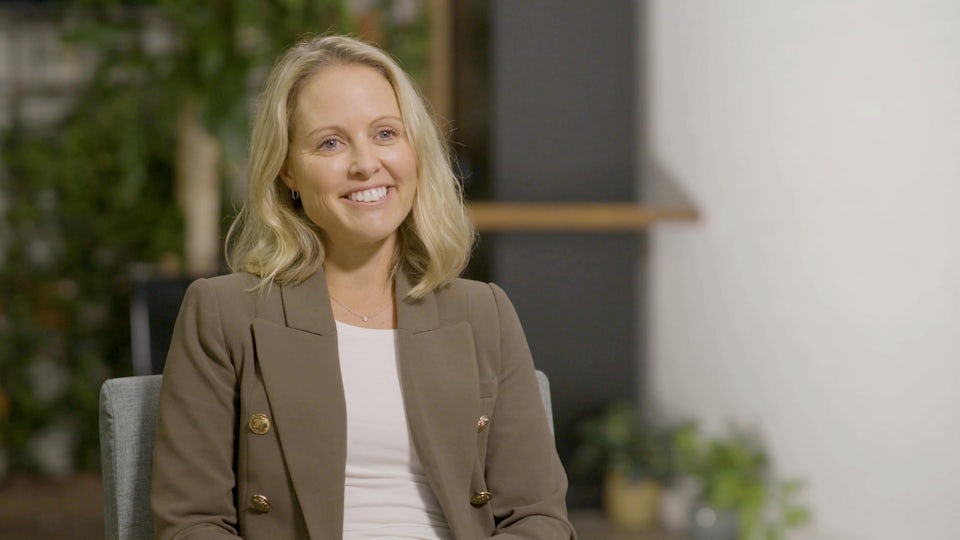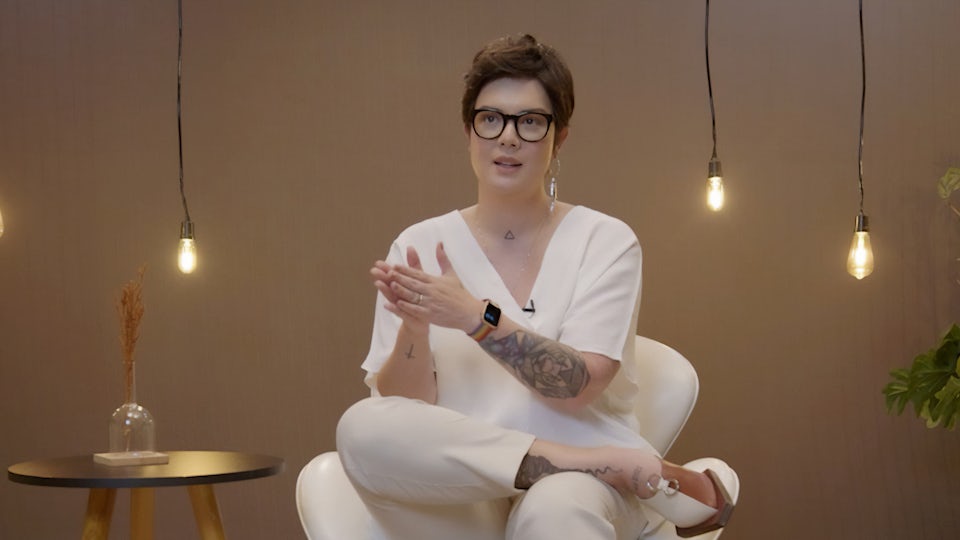← More
Aseem Puri
CMO Unilever International & CEO Unilever Korea • Singapore
Aseem leads marketing, innovation and digital communications for Unilever International, responsible for managing brand building for a billion dollar portfolio, as well as launching and building brands globally across new geographies, channels and customers. Concurrently he heads up Unilever’s business in Korea, aiming to lead the team to become the fastest growing business for Unilever.
In this Masters of Disruption episode, Aseem discusses Unilever’s response to the immense growth of e-commerce, small brands, private labels and consumer tech during the pandemic, and how a combination of flexible, regional content hubs and creative tech help their brands to produce fast, effective content on a global scale.
More episodes
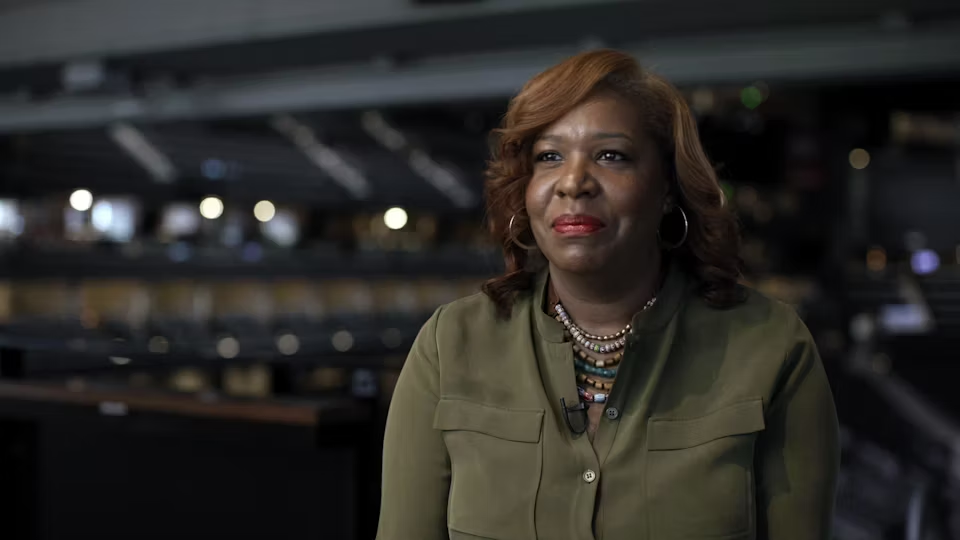
Janet Smith
Vice President of Brand Communications - Atlanta Hawks & State Farm Arena • Atlanta
With stints at Jive Records, Red Bull, Habitat for Humanity International and now the Atlanta Hawks, Janet Smith has had an impressive career in entertainment and experiential marketing.
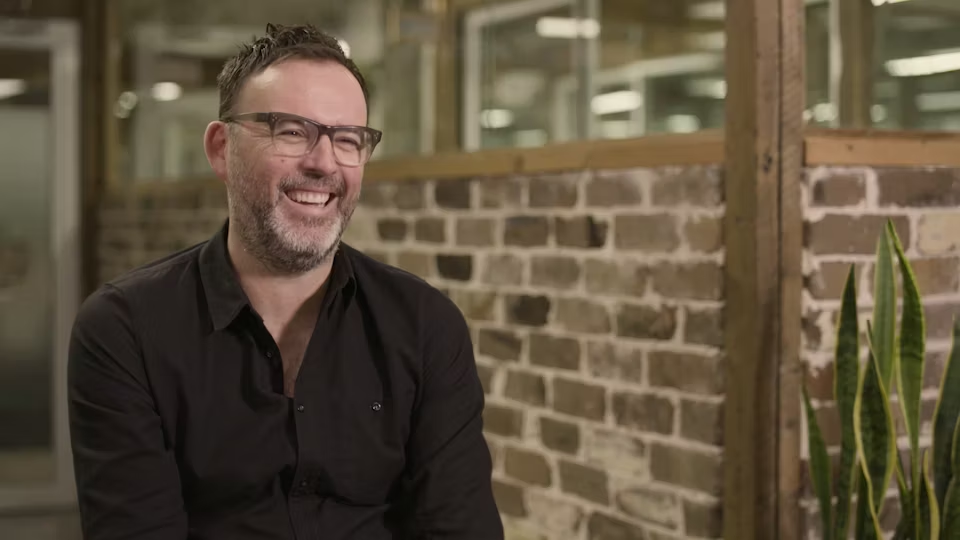
Brent Smart
CMO at IAG • Sydney
As CMO at IAG Insurance and ex-CEO at Saatchi & Saatchi New York, Brent Smart knows how to change the fortunes of businesses from the inside out.
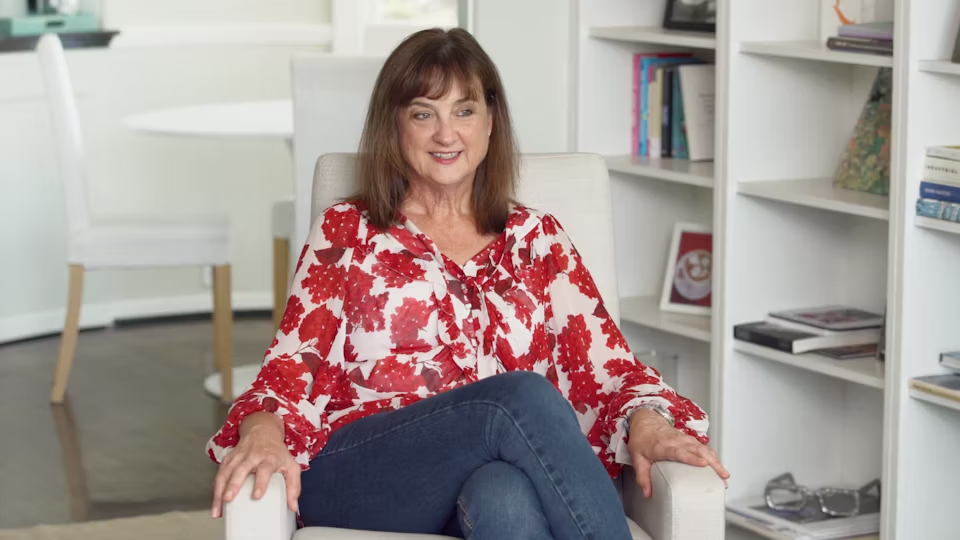
Luanne Calvert
Start-up advisor and ex-CMO Virgin America • San Francisco
Luanne Calvert has decades of experience shaping some of the world’s leading brands. She was Google’s first Creative Director, and served as CMO at Virgin America for 6 years.

Paulo Silva
Board Member, Advisor & Internet pioneer • São Paulo
An internet pioneer in the 80s and ex-CEO of Walmart.com in Brazil, Paulo Silva has over 25 years experience leading high performance teams across Latin America. He’s currently the founder and managing partner of RockOn Advisors.
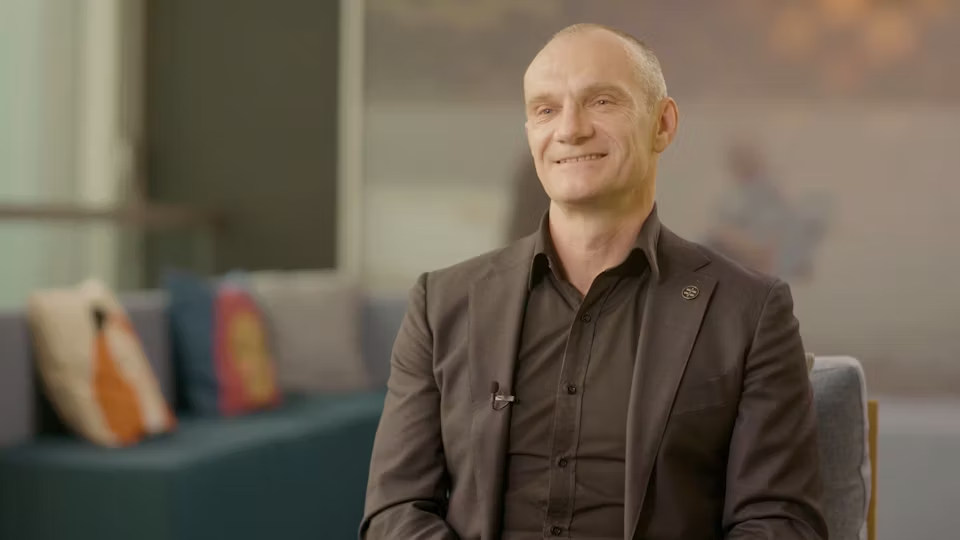
Andrew Waddel
General Manager - Australia, Tourism New Zealand • Sydney
Andrew heads up Tourism New Zealand's marketing and business operations in Australia. His 20 year career has seen him work on iconic brands such as Red Bull, Stella Artois and Beck’s.
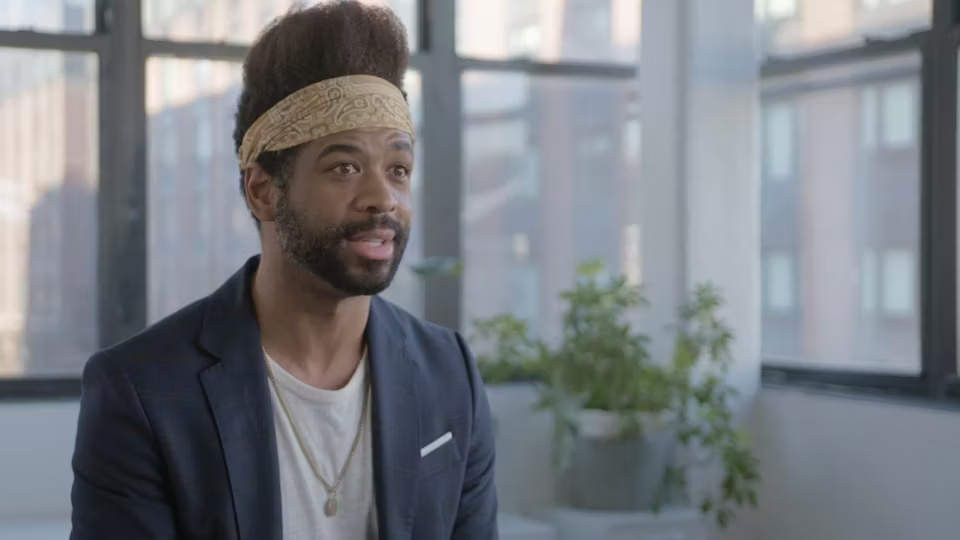
Lamar Dawson
Senior Marketer in Multicultural Beauty • New York
Lamar has helped some of the world's most iconic brands tell their stories through digital channels, including L’Oréal, Pepsi, Oreo and Nike, and is currently focussing on multicultural beauty.
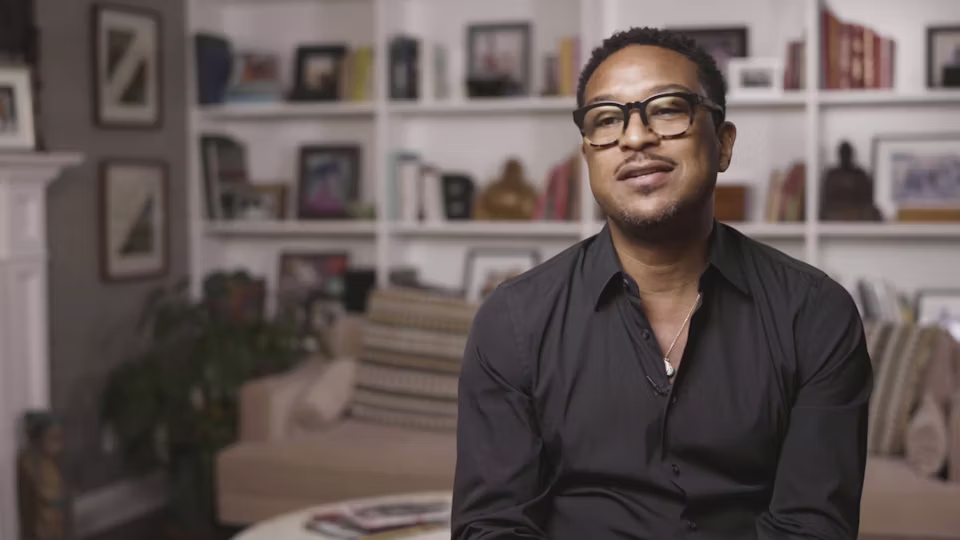
Jeff Burroughs
Senior VP, Def Jam Recordings • New York
A music industry veteran, Jeff’s illustrious career has seen him hold senior positions at Columbia Records, Bad Boy Recordings and Syco Entertainment.
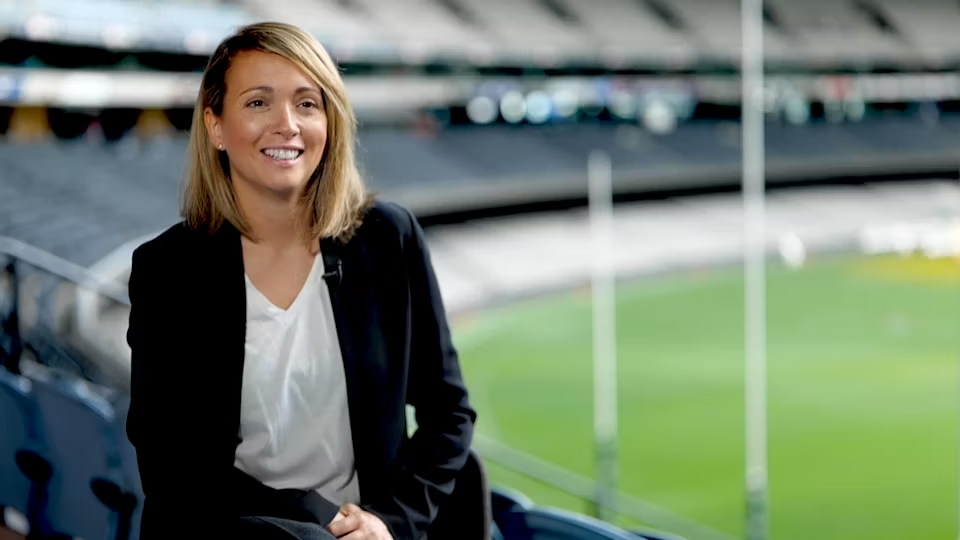
Sarah Wyse
General Manager - Digital, Media & Marketing, AFL • Melbourne
With almost 20 years global experience specialising in the digital media and advertising technology sector, Sarah is currently overseeing the core news, content, creative and production teams of the AFL.
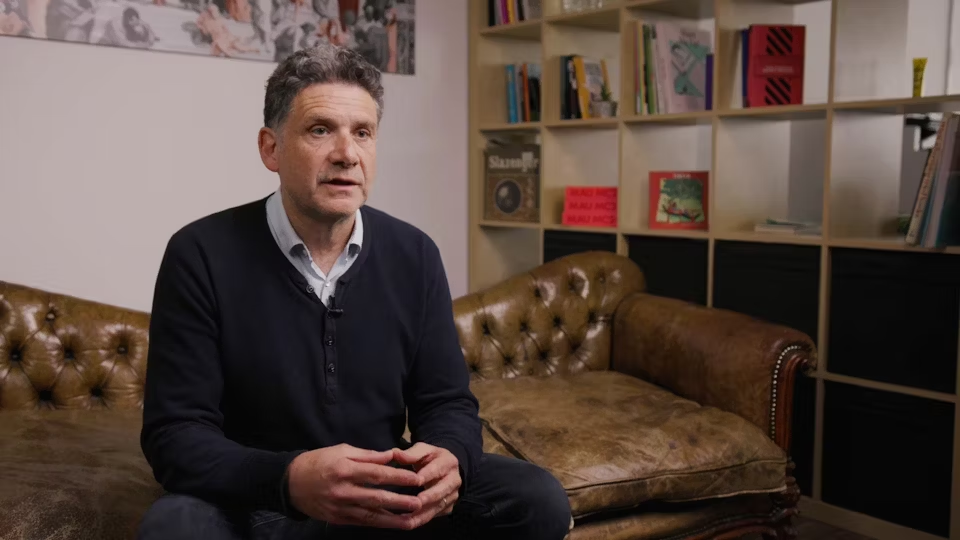
David Alberts
Co-Founder of Been There Done That • London
An ex-Grey veteran, David’s career has also spanned stints at Mojo, BBDO and Bates. He set up Been There Done That in 2014 to provide a new model for brands to access creative strategy.
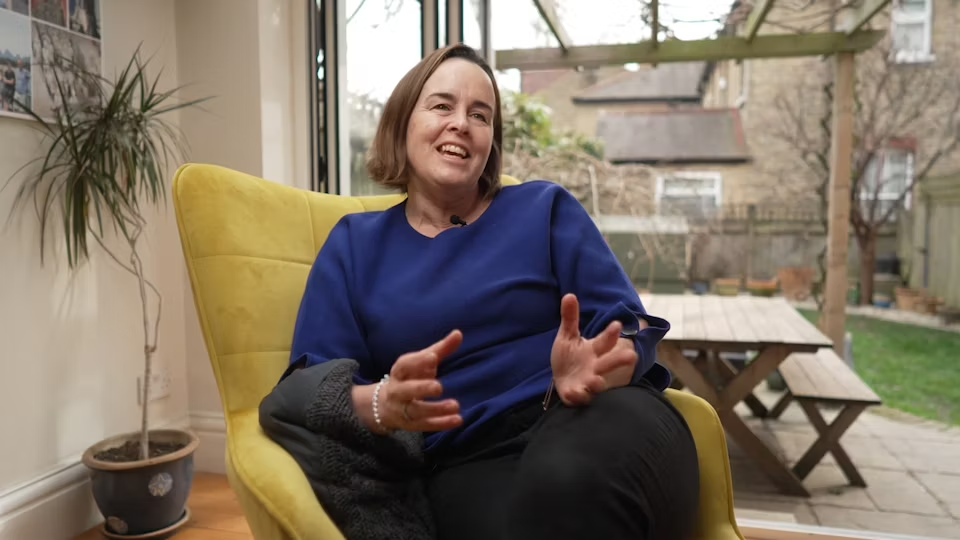
Annabel Venner
Marketing Consultant & ex-Global Brand Director, Hiscox • London
Annabel currently runs a marketing consultancy after an impressive marketing career, including 11 years at Hiscox Insurance and 9 years at Coca-Cola.
Transcript
Hi I’m Aseem Puri I’m the marketing head for Unilever International based in Singapore.
The FMCG industry has been disrupted in many ways in the past decade and particularly so in this year of the COVID pandemic. The shift towards e-commerce, the rise of small brands, the growth of private label, the increased use of digital technologies by consumers. All means that we, as Unilever, have had to pivot, we have embraced e-commerce and have a full dedicated organisation to building shares in the e-commerce space.
Our brands are deeply purpose-driven and that‘s what Unilever is famous for. We have tried to embed sustainable living into every brand that Unilever owns and therefore serves consumers with purposeful brands.
We have also embraced agility in a big way, we have cut down the lead times for innovation, brought products to market much faster and lastly in our digital connections with consumers we are now directly talking to hundreds of millions consumers worldwide to understand their needs and serve their requirements. So it’s a completely different way of understanding and serving consumers than what existed ten years ago in FMCG.
How we’ve responded to this incredible change in consumer habits, on consuming digital content, is to create central digital production hubs. These hubs basically create content for the world. They do so with our marketers working to understand consumer trends and insights, briefing agency partners, technology platform partners and open talent networks, to really create content, dynamically, digitally from these hubs all around the world, test and optimise and learn from this. It’s a very different centralised content hub, but it has distributed production using the open talent platforms and using agencies.
There are many platforms which house the best creative talent from around the world. The talent is in the advertising production space, it may be in copywriting space, it may be graphic design, it may be packaging design, it may be in every field that we require. We use the platforms to tap in and identify the best talent on the platform. We always prefer to work through the platform, sometimes some of those talents we may engage with on longer term contracts as well. So combining these two approaches, we have curated a few thousand high quality creators around the world, who we believe meet our quality standards, meet our integrity standards, are dynamic and flexible to work with and acquire, and most importantly we try to identify people who have local nuance insight into every culture and market, they know what content is going to work in my market, much better than somebody sitting centrally. So leveraging this local insight is what really works for us in terms of content development.
We have experimented with in-housing content production in a few hubs, and that has been so far quite successful. It's very focussed on e-commerce content because you need to dynamically optimize content for e-commerce almost on an hourly basis, and we found that to be done better in house than externally.
As we’ve embraced marketing technology, we see three spaces where technology plays a crucial role. The first is in media where we use programs at scale to reach consumers wherever they are in the digital journey. The second is in content production, where we work with content partners who are using technology platforms, open talent platforms, artificial intelligence platforms, to really create content at scale, test that content and optimize it. And the third is the consumer data space, where we use CRM technology to get consumer data, review it, analyse it, use it for consumer insights, and for development for new products and services. So these would be the three acts of technology that we use today in marketing, but of course who knows things may be different tomorrow and we may have a completely different set of solutions in the years to come.
The biggest beneficiary of the use of technology in marketing is small and niche brands. The big brands always had access to money and access to media, the small brands lacked it. Now that's no longer the case. All the niche brands that we work with today, have the ability to reach any consumer anywhere in the world, anytime they want, and serve them with relevant content, and include them into the brands and make them loyal customers. So we have brands like St Ives, that we have built successfully into a market leader across Asia by using digital first technology marvels, and that has proved to be extremely successful, and I would say at a fraction of what we would have conventionally spent to launch new brands into new markets. So if you have niche brands, sharply positioned brands, brands that know the consumer really well, today is the golden moment for all such brands, whether they are run by companies like Unilever, or they are startups that are just starting up now.


